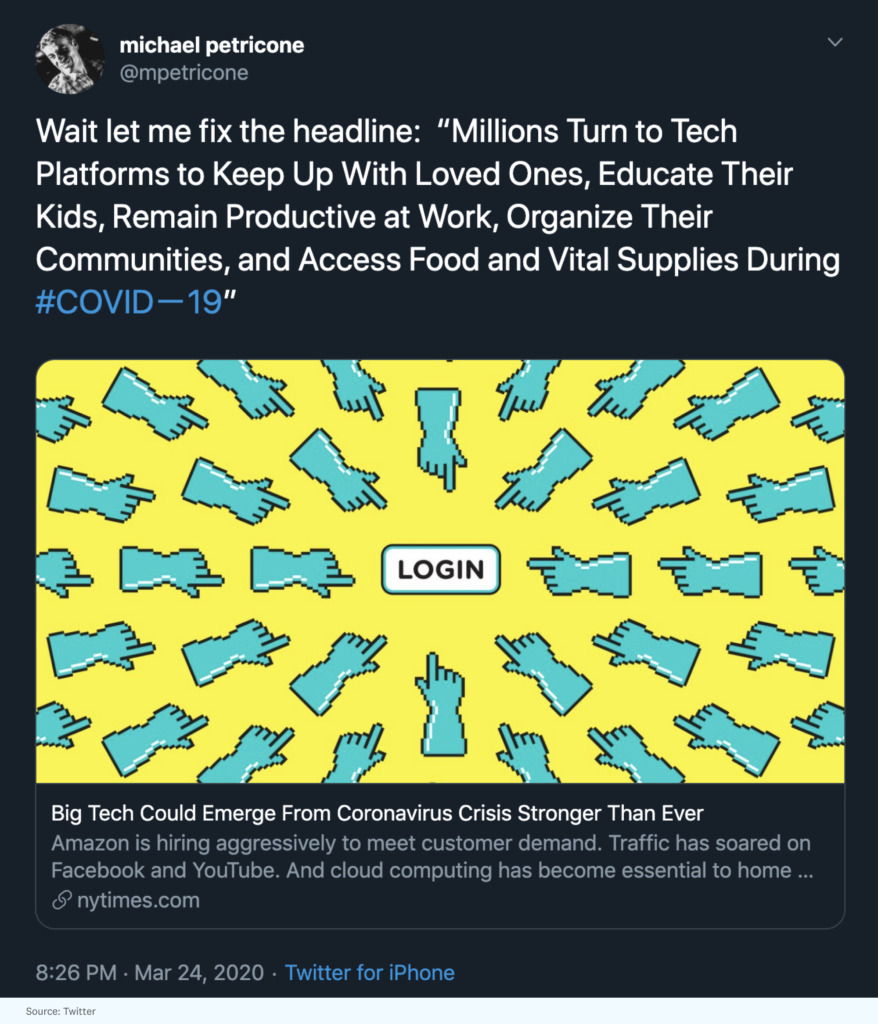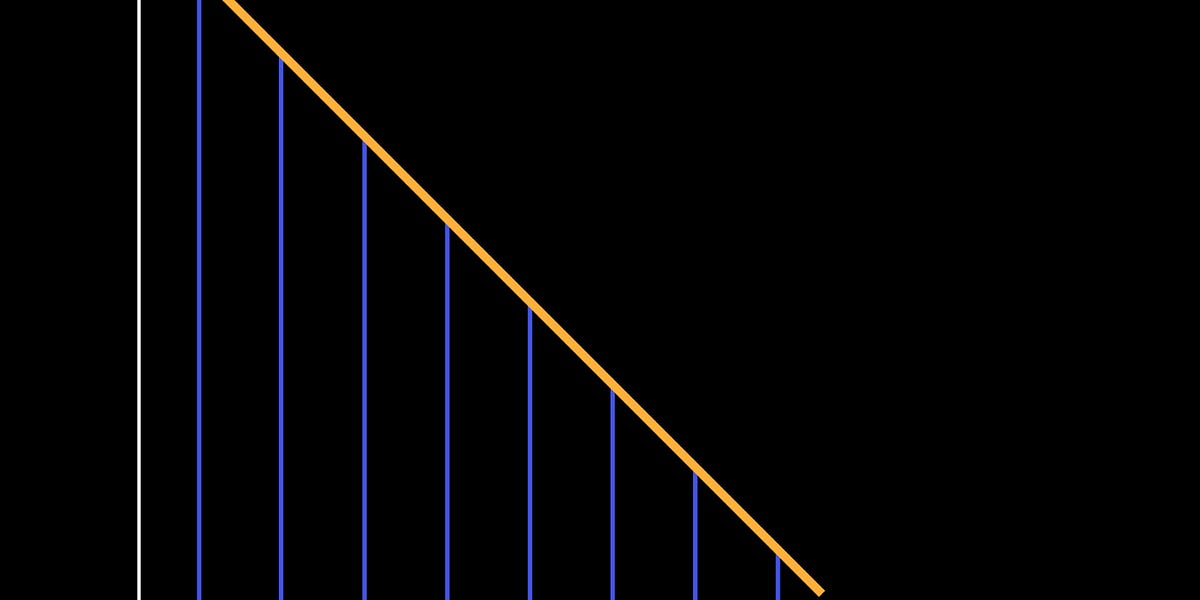sari
@sari
making Sublime — for you and for me.
sari
@sari
making Sublime — for you and for me.

If all our customers vanished, and we had to earn our growth and brand from scratch, what would we do?
How would we distinguish ourselves with a unique compelling message, as a fresh competitor in our market? What would we put on our home page? Would we use a different pricing model to compete better? Would our brand need to change to align with the
... See more

Crypto Social and Web 3.0
